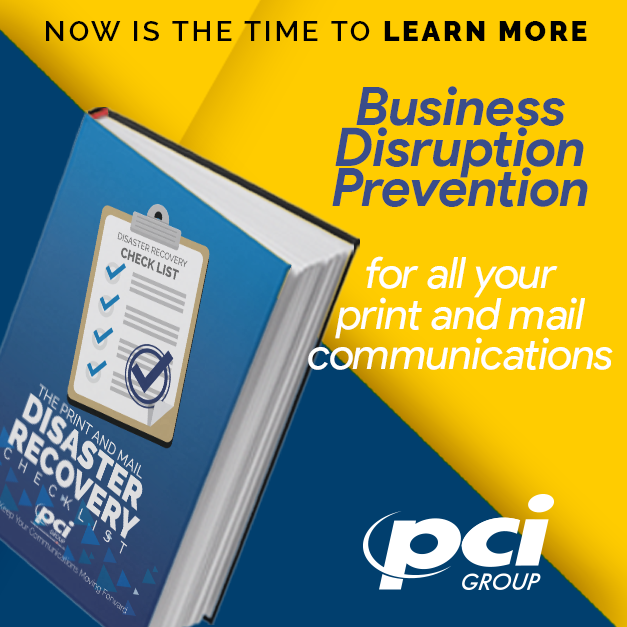
Several critical print and mail vendors talk about disaster recovery (DR) for their customers by emphasizing the disaster recovery “plan”. While there is no question that having a plan is vital to being prepared in the event of a disaster, the plan is table stakes. Too often, developing the plan is a “check-the-box” exercise that gets filed away and rarely thought about until the next check-the-box exercise. Like most plans, you know it’s not perfect and will need adjusting. But how significant are the adjustments and do you really want to find out the answer to that question in the middle of a disaster?
As the quote attributed to the boxer, Mike Tyson goes, everybody has a plan until they get hit in the mouth. Being hit by a disaster, is a lot like being hit in the mouth with the force of a Mike Tyson uppercut. It can leave you dazed and wondering what to do next. Of course, you need a plan, but a plan is not enough. Your mission critical communications are unique to you. When a disaster occurs, you need to act immediately and with confidence. The best way to do that is to work with a disaster recovery partner who regularly processes some of your work, so they understand your business requirements and the idiosyncrasies of your business. There is no substitute for knowing that your partner can actually produce your communications.
Over the years, we have been fortunate to provide DR services for several of our clients. Here are some important things we have learned you should consider when selecting a DR partner.
- Do they provide a plan or recovery? It’s relatively easy to create a plan. Providing disaster recovery takes experience, expertise and preparation. Make sure that you’re DR partner has these qualities and can provide customer references of who they are currently providing DR services for.
- Do they eat their own cooking? What is your DR provider’s plan for their own business? If they don’t have a good plan and test it regularly for themselves, what makes you think they’ll be a good partner for you?
- Geography Matters. If they are in close proximity to you, they are just as likely to be affected by a disaster as you are. They won’t be much good helping you if they’re dealing with a disaster themselves.
- Compliance and Security. Does your DR provider meet all of your compliance and security standards? You know how important this is to your business. The last thing you need when you’re dealing with a disaster is a failure to adhere to compliance standards or a breach in security.
- Practice or Theory? Your business is constantly changing, as are your communications. Is your partner ready to support you in theory or have they demonstrated their competency? When was the last time they produced and mailed any of your communications? If they are not producing at least a small portion of your communications, what gives you confidence they’ll be ready when disaster strikes?


